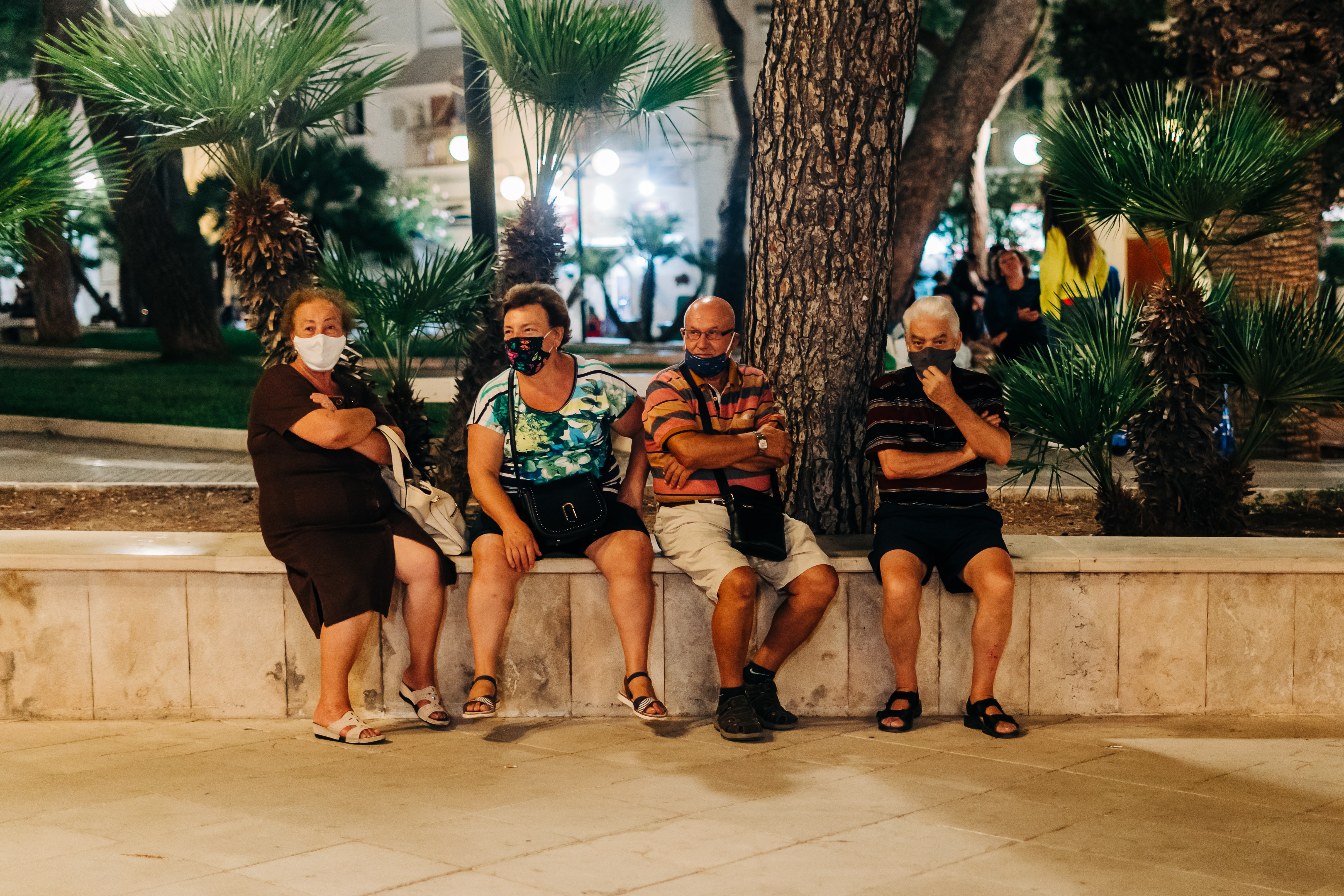“Should we live long?” asks Vassili

For Vassili, the celebrations taking place for the International Day of Older People rather go unnoticed. But it is not as much celebrations older people need, as equal treatment. This testimony was originally published in Greek on the website of the older people’s association 50+ Hellas.
“Every year, on October 1st, the International Day for Older People is celebrated (?). Long life to us!
With few exceptions, the day usually goes unnoticed. There are no speeches, tributes, gatherings. The voice of the State, or the political parties is not heard. For the respective World Animal Day, on October 4th, there is usually much more mobilization. Newspapers, televisions and radios have special reports. A brief internet tour shows the number of entries for the two anniversaries.
You may say, are the two days comparable? Do seniors need celebrations and tributes? Regardless of the answer that everyone will give, the finding remains and perhaps shows the perception of today’s society.
On the occasion of the International Day of Older People, however, let us see some facts about how older people live in Greece.
In the most recent edition of the Global AgeWatch Index of HelpAge International (2015), Greece is at the 79th place out of 96 countries examined. In 2013, the country ranked 58th; in 2014, 73th. By comparison, Turkey is in 75th place, Albania in 53rd place, Romania in 45th place, and Cyprus in 30th place. Does that tell you anything?
The global index compiled and monitored by this international organization is an attempt to capture the quality of life for people over the age of 60 around the world, based on various criteria, such as income security (among which: pensions), provision of health services, the general environment for older people, etc. We are not doing well at all!
First question to the State: Is this the position the country wants to hold? I hope the answer (if any) will be no.
Second question: What is the State doing (I use the term State to include all governments) to improve the quality of life of older people? Here the “care” of the State is manifested in every direction: they reduce pensions, increase contributions for the health sector (only to retirees), increase the cost of health services and medicines, allow discrimination on the basis of age at work and services (such as financial ones), underfund protection and social care structures, tolerate prejudice and inequality in the treatment of older people.
That is, what else should one do to “get rid” of the burden of this group of citizens (who make up 27% of the population, i.e. much more than 1/3 of the electorate)?
How are the laws that impose or allow this situation passed by the deputies (whom we elect to a large extent) and how is this situation tolerated by the State, the political parties, but also by ourselves?
How and why have the other countries of Europe managed to be so far ahead of our country? Are we the only ones who are so different?
I do not imagine that there will be soon (!) answers to these questions. I’m afraid we will remain the exception. Pity. Because older people can help. They have knowledge, experience, memory and judgment.
No need for celebrations. They need equal treatment and the opportunity to contribute.
So should we live long?“
Vassili Louziotis
Read more about:


Very good article! We are linking to this great article on our site. Keep up the great writing. Bunni Dalston Gebler